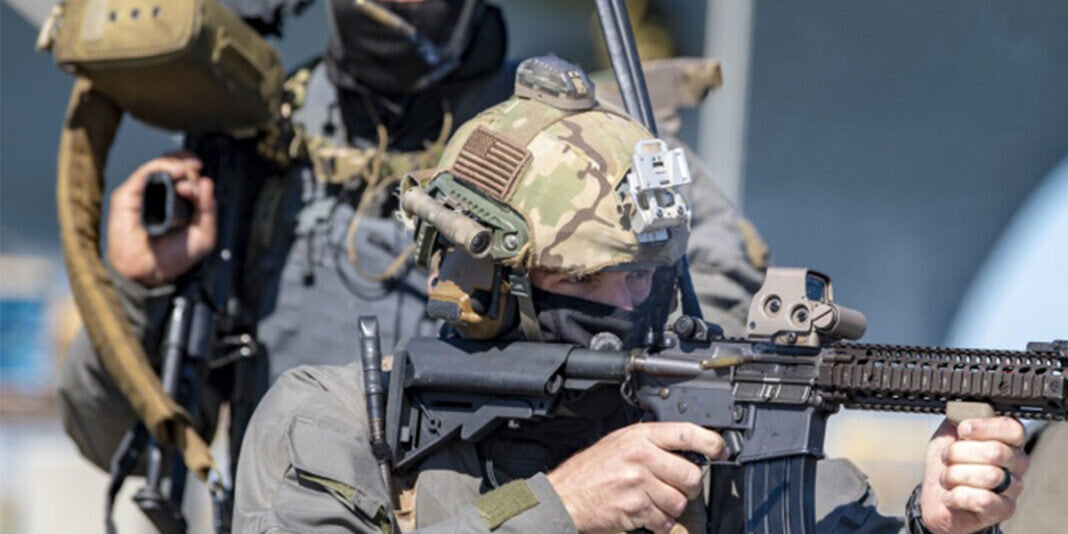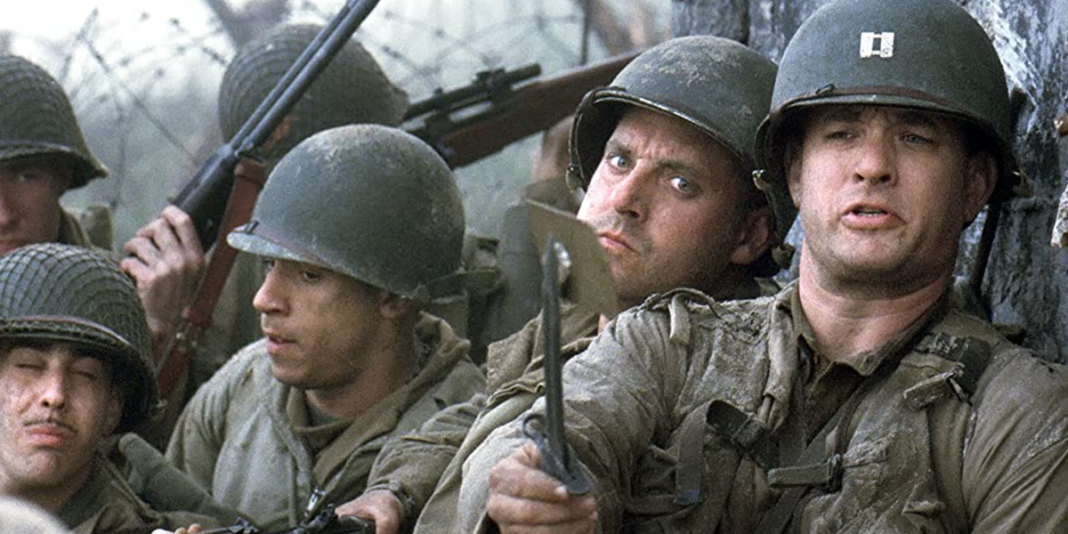
Ghosts
Buried in my Facebook notifications is a ten-year-old friend request from a ghost. A high school friend who battled internal demons for a long time and passed away around 2010. At the time I didn't see the notification, or I ignored it, or I forgot about it. By the time I realized I had a friend request from her, she was gone.
For nearly a decade I’ve put off clicking “accept” out of fear that her current friends would somehow be notified. That somehow my sudden addition would startle the ones who were truly close to her, the ones who ritually post to her wall every year on her birthday. I don’t want to disturb these people, some of whom I remember from school, some of whom I've never met. They seem to find comfort in sharing memories with the digital representation of their friend.
Ten years is too long to accept a friend request. But I don’t want to decline, either, out of respect. She and I are stuck in ethereal limbo.
As the years go by, these ghost profiles become a larger percentage of my friends list. A friend on Facebook is not a person. But it is the digital extension of a person: hands and eyes and brains connected to a phone, projecting consciousness into the digital void. When someone dies, these become empty unchecked inboxes, unread posts. Eerie cloud-based shells filled with personal information, photographs, sentiments, drunken stories. Profile pictures that haven’t changed since 2012. When someone dies, their Facebook profile sticks around.
When I look at these profiles, a deep unease takes hold of me. I can’t look for long.
For a year I was in a group chat with two dead men. One was killed by his spouse. The other took his own life. After they passed the group sent message after message to a profile picture of a smiling dark-haired man with sunglasses and a five o’clock shadow, and to another profile picture, a Springfield .45 caliber 1911 pistol. We carried on like they were still reading the texts. Except there was nobody on the other side of the screen. Nobody to check the phone. We had one-sided conversations with people who were buried or cremated somewhere and would never log back on again.
I became uncomfortable and left the group. The two dead men still follow me on Instagram.
Ghost profiles aren't new. I remember the first time I noticed them; in the year or two after I left the Marine Corps, two of my platoonmates passed away. Car accidents. Gone before they had time to really grow up. Immortalized in their early twenties. They survived the war only to be killed by the peace.

For one friend, his ghost profile picture is a minor irony: a kneeling Marine, him, at an Afghanistan KIA memorial ceremony, next to a pair of boots, a rifle, dogtags and a helmet. I remember that day. And I remember our near-fistfight during our first deployment, and lifting ammo can weights and taking pictures of each other at our remote patrol base. The other Marine who passed I remember just as well. I recall how he carried the guidon in bootcamp, how we separated into different jobs at the school of infantry, how we both shared the last patrol on our last trip overseas.
At different times I took a knee with both of these men in the waist-high poppy fields of Nawa or Garmsir. Now I kneel at the digital altar of remembrance.
How long will these ghost profiles go on? Will we all carry on into eternity after our deaths as ones and zeroes? Internet memorials to our projected selves? As we age we make fewer friends, and the friends we have pass into the ether.
In fifty years, will fifty percent of my Facebook friends be ghosts?
Two deaths in one week in late 2019. These men I can’t remember as well, so I scroll through their pictures after they pass, trying to place their faces. A barracks catwalk in Hawaii. Parade rest and high and tight haircuts. Yes, Corporal. No, Corporal. I recall them as joyful, brutally young men with sheepish smiles and crisp uniforms who would laugh at my stupid jokes as I stood duty at the barracks.
In our society people used to fade away and nobody but their closest family would know. Now friends watch each other die on Facebook. We follow chemo treatments and final ballpark visits with detached interest.
For one friend, I follow his battle with a rare form of cancer, hoping he’ll get better. I don’t know how to feel when he doesn’t. As I look at his updates I picture him as his past self: the deep booming voice, the enormous hands, the gregarious smile. The hot temper and the unrelenting loyalty and the three hundred pound bench press. But on Facebook I watch him lose a third of his body weight as he fights for time. I try recall this digital representation of a person as a real life person: how we slept on each other’s floors in states of inebriation. How I somehow managed to get his massive semi-conscious figure into a taxi and home after a fancy convention at a hotel. How he snuck me into a party on a bridge for which I was not invited and vastly underdressed. I feel far away. I am ultimately so detached that when he passes away it takes me three days to cry.
But I do, and as I do I feel real pain, real remorse, as if I’m standing graveside at his funeral. And perhaps this is the redeeming quality of social media: that for all its inauthenticity, all its fakeness, the people behind the profiles are real. Day to day we hesitate to feel for each other because of the distance the internet puts between us. But ultimately, when the worst happens, at least we know about it. We have a venue to remember someone by. And we would rather have a ghost profile than just a ghost.
Written By Kirk
April 13, 2020









